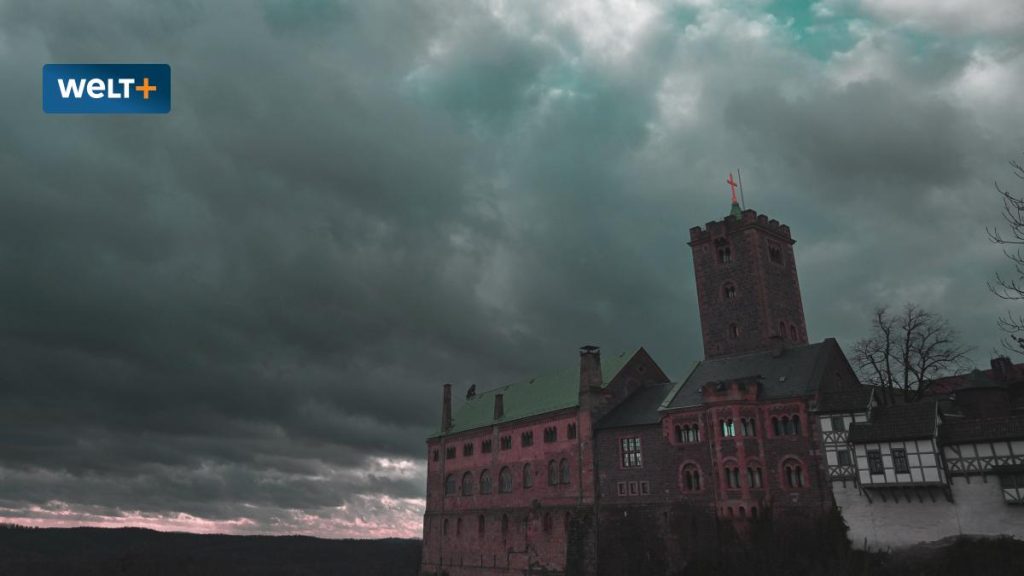In the eastern part of Germany, there is a fierce battle brewing between two political parties: the Red-Red-Green coalition and the Alternative for Germany (AfD). The Red-Red-Green coalition is made up of the Social Democrats (SPD), the Left Party, and the Greens, while the AfD is a far-right party that has been gaining support in recent years. Both parties are vying for control of the region and are focused on issues such as immigration, crime, and economic development.
The Red-Red-Green coalition has been in power in the eastern states of Thuringia, Brandenburg, and Saxony-Anhalt for several years, but their popularity has been waning. The AfD, on the other hand, has been gaining ground with its populist platform that appeals to voters who are dissatisfied with the current government. The two parties are now locked in a battle for control of the region, with the upcoming elections in 2021 set to determine the political landscape for years to come.
One of the key issues in the election campaign is immigration, with the AfD taking a hardline stance against migrants and refugees. The Red-Red-Green coalition, on the other hand, has been more open to welcoming immigrants into the region. This stark difference in policy has divided voters and is driving the debate in the lead-up to the elections.
In addition to immigration, crime is also a major concern for voters in the eastern states. The AfD has been quick to capitalize on fears of rising crime rates, while the Red-Red-Green coalition has focused on investing in social programs to address the root causes of crime. The differing approaches to this issue are likely to play a significant role in determining which party comes out on top in the election.
Economic development is another key battleground for the two parties, with the Red-Red-Green coalition advocating for sustainable growth and investment in green technologies, while the AfD has focused on protecting traditional industries and creating jobs for local residents. This debate over the region’s economic future is crucial for voters who are looking for solutions to address unemployment and ensure a prosperous future for their communities.
Overall, the upcoming elections in the eastern states of Germany are shaping up to be a closely fought battle between the Red-Red-Green coalition and the AfD. With key issues such as immigration, crime, and economic development at the forefront of the campaign, voters will have to carefully consider which party best represents their interests and values. The outcome of the elections could have far-reaching implications for the political landscape in the region and beyond.


